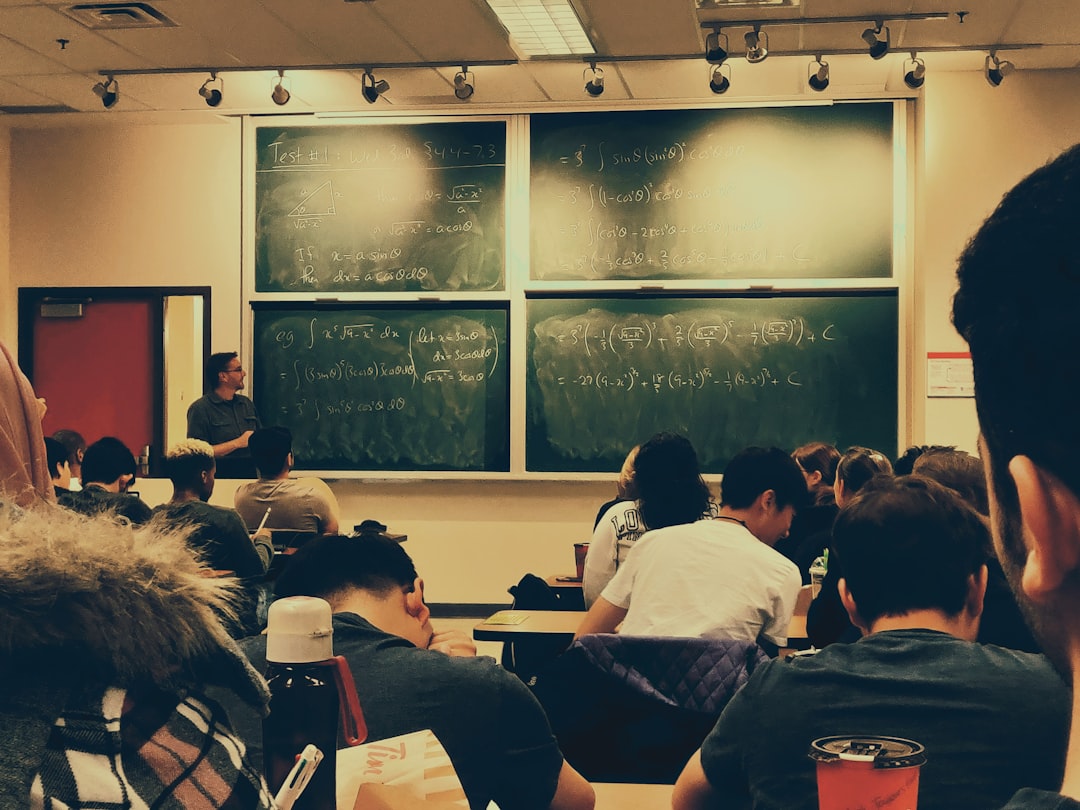What is it about?
Large-scale comparisons such as PISA have been quite influential in national policy development, and should be taken seriously by scholars in education. Currently, they are either critiqued on technical grounds (based on their accuracy, methodology, validity) or on political grounds (based on their use/misuse and effects). This paper proposes that large-scale comparisons are at once technical and political, and proposes conceptual tools from Science and Technology Studies that grasp these assessments as 'socio-technical objects'.
Featured Image
Why is it important?
PISA and other large-scale assessments have proven to be powerful actors in education policy. Although there is a lot of anxiety about their influence and thousands of papers are written about this topic every year, much of this critique does not advance our thinking - instead, debates around this issue are deeply polarised. This paper proposes a way to move towards productive critique.
Read the Original
This page is a summary of: Towards productive critique of large-scale comparisons in education, Critical Studies in Education, May 2017, Taylor & Francis,
DOI: 10.1080/17508487.2017.1327876.
You can read the full text:
Contributors
The following have contributed to this page










